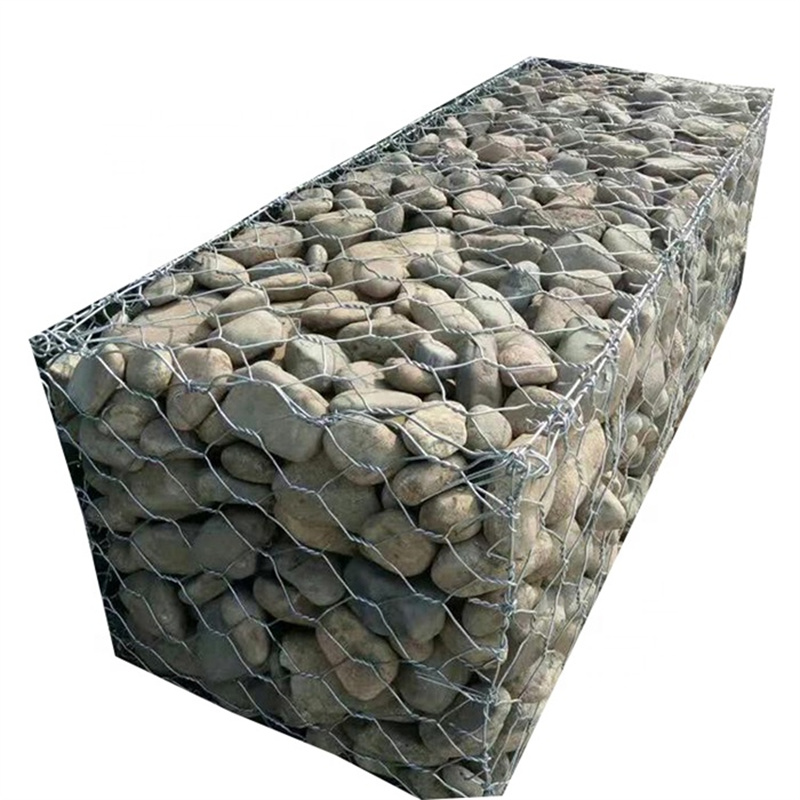Oct . 18, 2024 23:28 Back to list
Top Quality Gabion Rocks Available for Purchase at Competitive Prices
Best Gabion Rock for Sale A Comprehensive Guide
Gabion structures have gained popularity due to their versatility, sustainability, and aesthetic appeal. Used in various applications such as retaining walls, erosion control, and decorative features in landscaping, gabions are wire mesh cages filled with rocks, fostering not only beauty but also functionality. When it comes to constructing effective gabion walls or cages, the choice of rock is crucial. This article will guide you through the best types of gabion rock available for sale and highlight the factors you should consider when making a purchase.
Types of Gabion Rock
1. Granite Known for its durability, granite is one of the most popular choices for gabion fill. Its resistance to weathering and erosion makes it an ideal option for long-lasting structures. Available in various colors and sizes, granite not only ensures structural integrity but also adds a sophisticated look to your project.
2. Limestone Limestone is abundant and generally more affordable than granite. It is characterized by its ease of handling and weight. However, keep in mind that limestone is softer than granite, making it slightly less durable, especially in harsh weather. Nevertheless, it can offer a rustic charm to landscaping projects.
3. River Rock River rock provides a natural aesthetic that blends beautifully with outdoor environments. Available in numerous sizes and colors, river rock is a popular choice for decorative gabion structures. While it may not be as sturdy as granite, it serves well in applications focused on aesthetics rather than heavy structural support.
4. Basalt This igneous rock is favored for its unique appearance and high density. Basalt's dark hue and angular shapes can create striking visual effects, making it a compelling choice for decorative projects. It offers excellent stability but can be more costly than other options.
5. Quartzite This metamorphic rock is known for its incredible strength and unique crystalline appearance. Quartzite's durability lends itself well to gabion applications that require long-lasting performance. Although it can be pricier than standard options, its distinctive look can justify the investment.
best gabion rock for sale

What to Consider When Buying Gabion Rock
1. Purpose of the Gabion Determine the primary function of your gabion structure. For load-bearing applications such as retaining walls, opt for stronger rocks like granite or quartzite. If aesthetics are the priority, river rock or basalt might be the better option.
2. Size Matters Rocks typically come in various sizes, ranging from 2 inches to 6 inches in diameter. Ensure that the size of the rocks aligns with the size of your gabion units. Larger rocks provide more stability, while smaller ones are easier to handle.
3. Local Availability Check local suppliers for the best prices and availability. Sourcing locally can reduce transportation costs and environmental impact. Many suppliers also provide delivery for larger orders.
4. Cost Price can vary significantly based on the type of rock, sourcing, and size. It's important to create a budget and compare prices from different suppliers before finalizing your purchase.
5. Aesthetic Preferences If your project requires a specific look, consider the color and texture of the rocks. Mixing different types can provide a unique character to your structure.
Conclusion
Selecting the best gabion rock for sale involves understanding the type of project you are undertaking and the specific characteristics of different rocks. Whether you prioritize strength, cost, or aesthetics, there is an array of options to choose from. By considering the factors discussed in this article, you can make an informed decision that will enhance both the functionality and beauty of your gabion structures. Proper selection of gabion rock will ensure that your project stands the test of time while meeting your design aspirations.
-
Wire Mesh Thickness Impact on Gabion Wall Load Bearing
NewsAug.12,2025
-
Ultimate Guide to Hexagonal Gabion Box
NewsAug.12,2025
-
Types of Rocks for Gabion Baskets Durability and Aesthetics
NewsAug.12,2025
-
Standard Gabion Box Sizes and Their Industrial Applications
NewsAug.12,2025
-
Easy Guide to Building Garden Gabion Cages at Home
NewsAug.12,2025
-
Drainage Solutions for Gabion Mesh Structures
NewsAug.12,2025
-
Visualizing Gabion 3D Integration in Urban Landscapes with Rendering
NewsJul.23,2025






